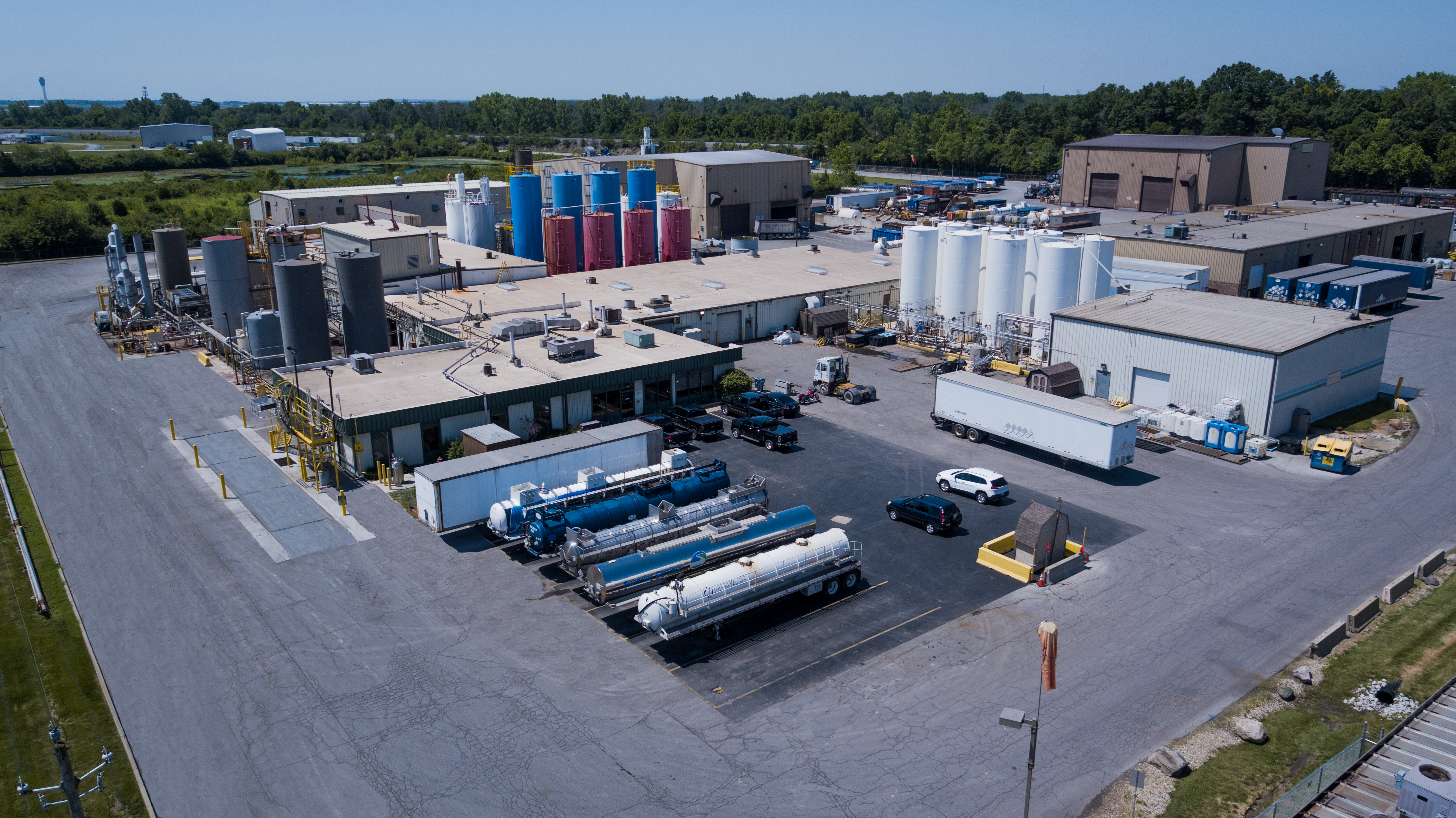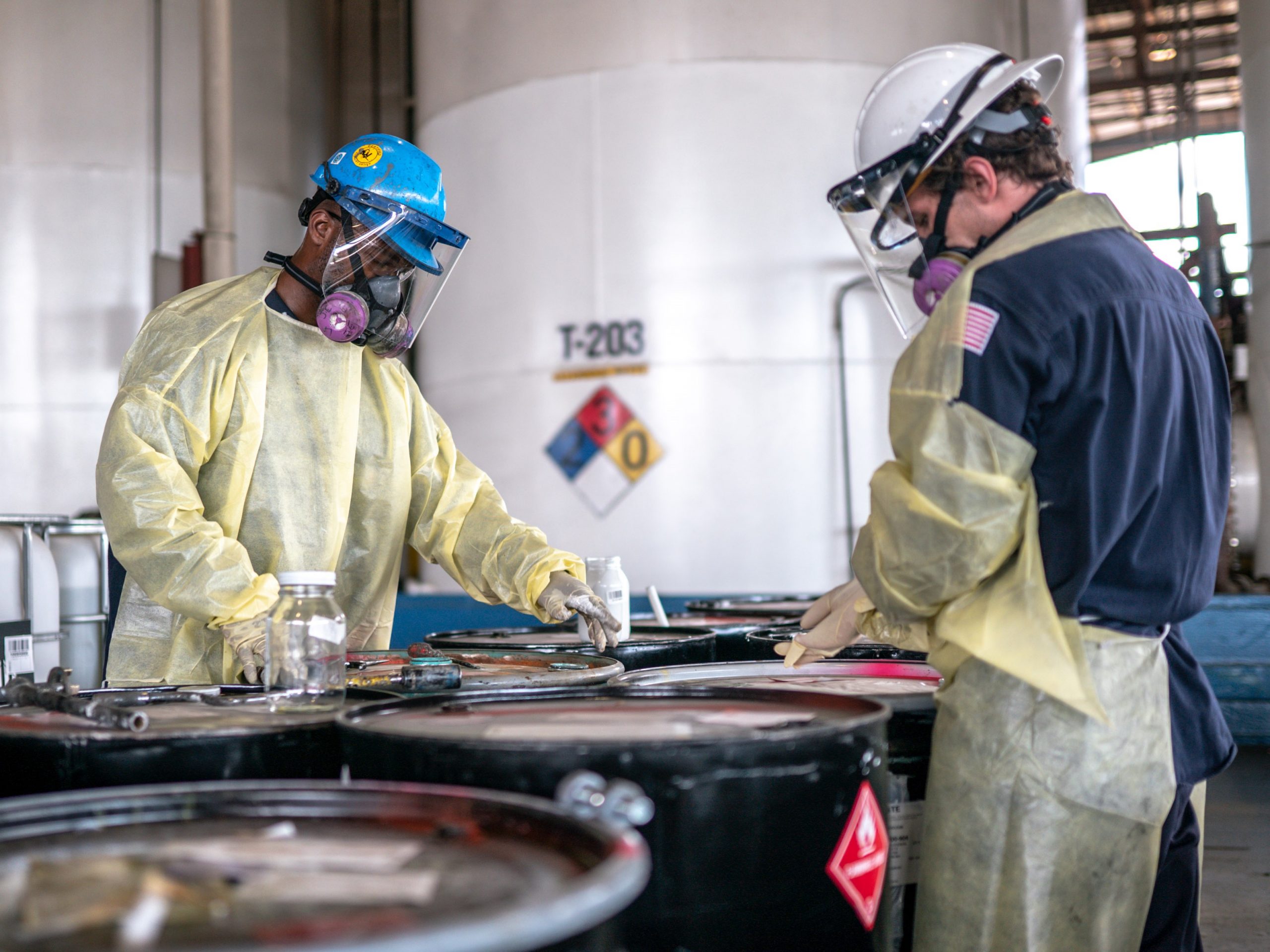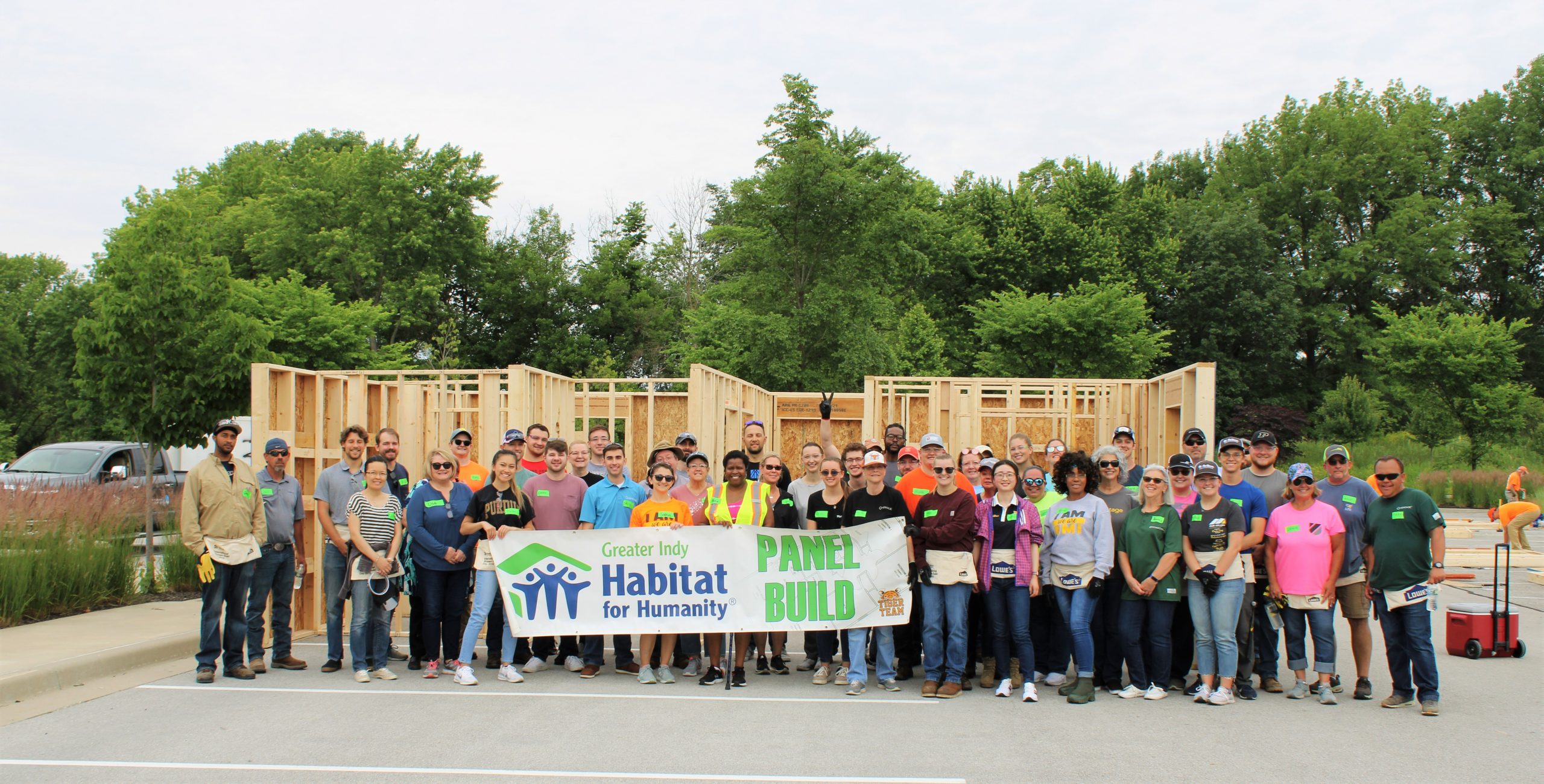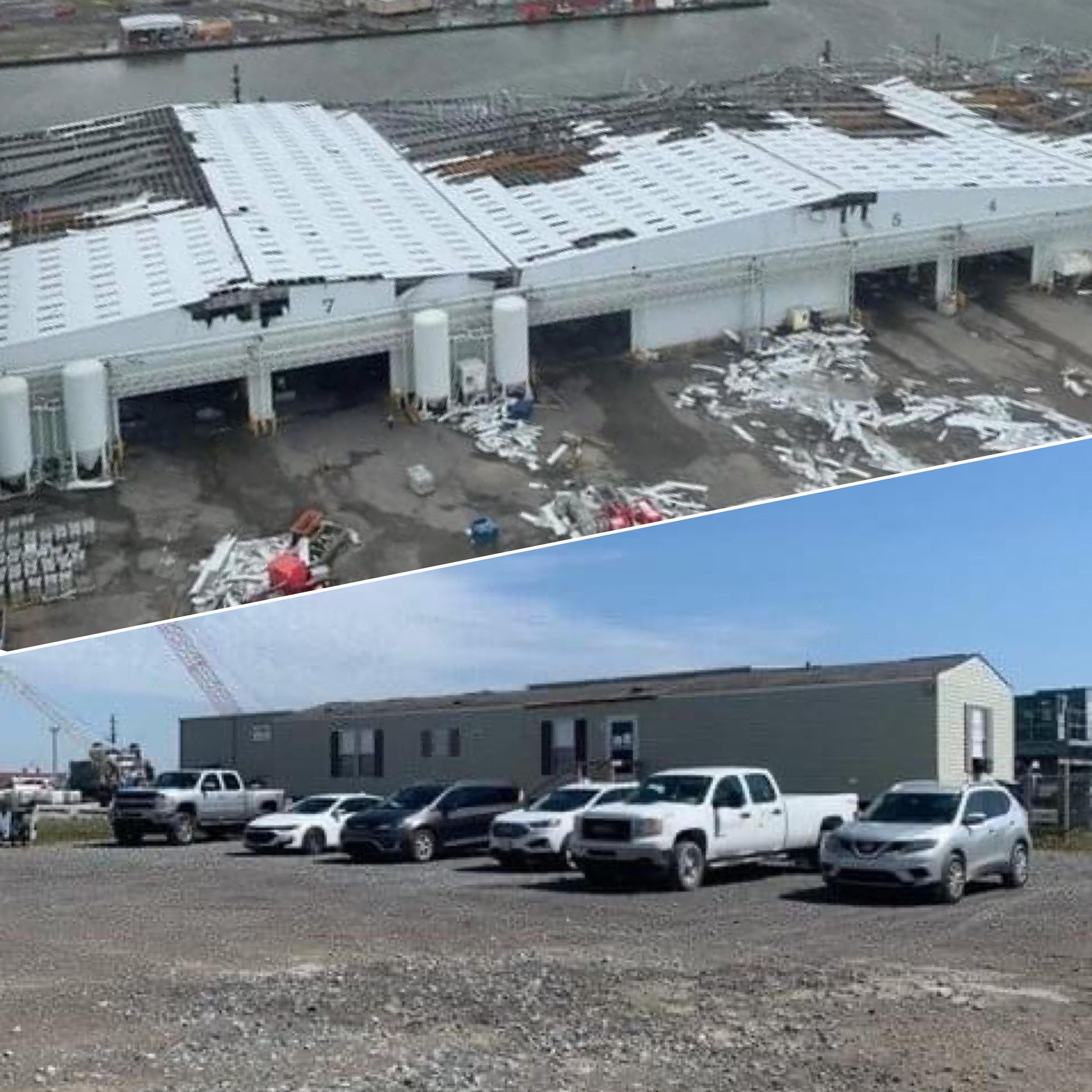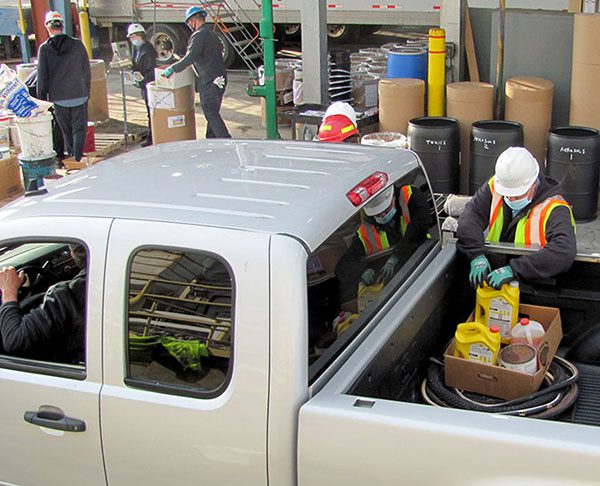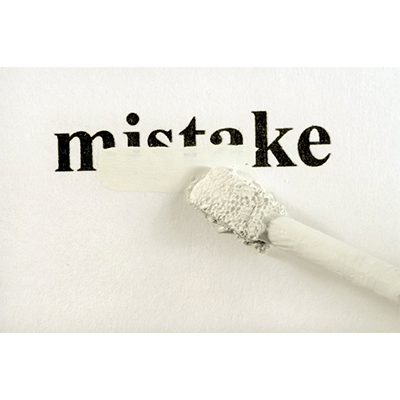
If you ever find yourself with a spare minute you should do a quick Google search for things to stop doing, things you do that make you look dumb, etc. It’s a pretty common theme in the blogosphere. Don’t believe me? Check out a couple of my favorites before reading on.
Number one on my list is, “15 Grammar Goofs That Make You Look Silly” (this one is even in a handy infographic). Another good one is “10 Things You Need to Stop Doing Today to be Happier.” Pretty good, right? I think the great thing about this kind of post is that we are so used to being told what to do that it is a bit of a novelty to see information presented in this less conventional way.
That said, I thought I would jump on the bandwagon and list out six mistakes you may be making, in the area of hazardous waste regulations, manifests, and more, that you should really try to stop;
1. Neglecting state regulations when dealing with hazardous wastes. While RCRA regulates hazardous waste management on a national level, you can still get yourself and your company into trouble if you don’t know about and adhere to individual state regulations.
2. Not properly closing hazardous waste containers. Always remember, if contents would spill out in the event of an overturn the container is considered open.
3. Using hazardous waste storage containers that are too old/not in ideal condition. As a general rule, know that if the container becomes damaged, deteriorated, or begins to leak, the wastes should be transferred to a container that is in good condition.
4. Having inadequate aisle space in your container storage area. Adequate aisle space must be maintained to allow unobstructed movement in response to an emergency as well as to perform weekly inspections.
5. Not performing weekly storage area inspections. This was one of the points covered in our Top 10 Hazardous Waste Violations eBook. It is vital to perform these inspections in order to maintain RCRA compliance.
6. Failing to follow compliance documentation rules. This includes, having a contingency plan, having personnel training program and records, having documentation of inspections, having copies of manifests and LDR forms, having biennial reports, having waste analyses/determinations, and having a documented waste minimization program on site.
So what do you think? Are you still making any of these mistakes? And perhaps most importantly, if you are what plans do you have so you can cease making them?
More News From Heritage
-
Published Articles 8/2/22
How Safety, Maintenance, and Reliability Are Intertwined
VP of Health and Safety Jim Mangas discusses the importance of plant safety, maintenance, and reliability (featured in BIC Magazine July/Aug '22)
-
Blogs 7/28/22
Spotlighting Our Environmental Interns
Highlighting some of the wonderful interns we have at Heritage this year!
-
Blogs 7/11/22
Turning Hazardous Waste into an Alternative Fuel
In this blog we walk you through the process of fuel blending, where we can turn hazardous waste materials into a viable alternative fuel source.
-
Community News 6/15/22
2022 Habitat for Humanity Build
Our 12th annual Habitat for Humanity Build
-
Blogs 4/13/22
After Hurricane Ida, Our Port Fourchon Office Rebuilds
On August 28th, 2021, the Louisiana coast was battered by Hurricane Ida. This included our Port Fourchon Service Center, where the devastating hurrica
-
Community News 4/7/22
Heritage readies for Earth Day HHW collection in East Liverpool
Heritage Thermal Services is pleased to announce that its collection of household hazardous wastes for the East Liverpool area returns for 2022.
-
Published Articles 4/2/22
The Impact of Changing Conditions
VP of Health and Safety Jim Mangas discusses preparedness for unexpected conditions during a project. (featured in BIC Magazine March/April '22)
-
Blogs 3/11/22
International Women’s Week Spotlight – Rachel McGrogan
Rachel McGrogan speaks about her time as a Lab Chemist at Heritage.
